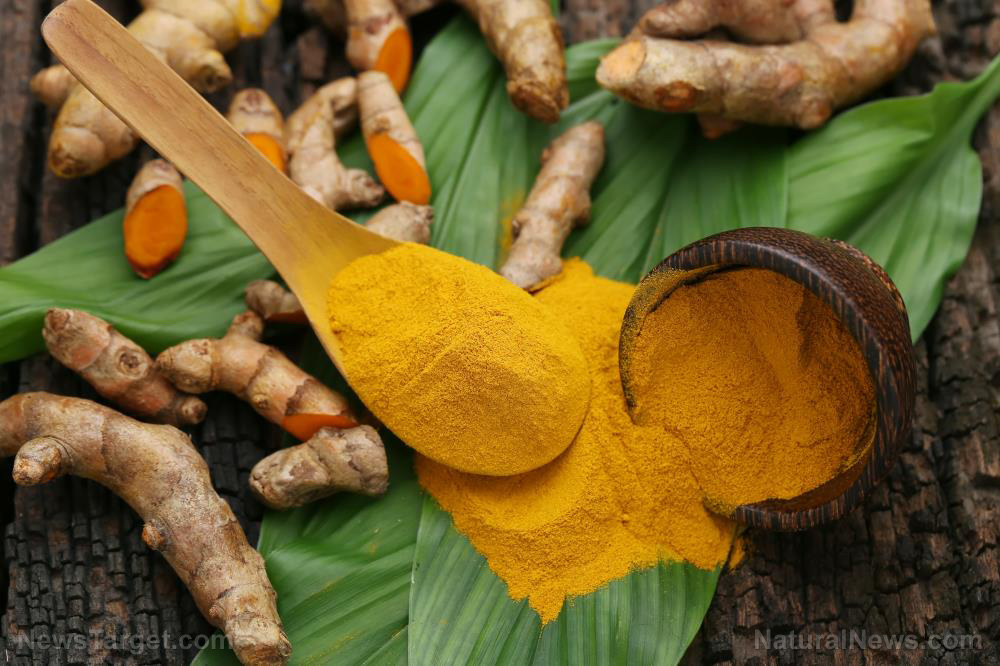Probiotics not only address digestive issues, they can also boost your heart health and strengthen your immune system
04/12/2019 / By Vicki Batts

Are you getting your daily dose of probiotics? Many people think probiotics are only necessary after a round of antibiotic medication, but the truth is that you can benefit from probiotic and prebiotic foods on a daily basis. Probiotics have long been known for their ability to support and improve digestive health, but science continues to find the benefits of good gut bacteria extend across the human body.
Some of these “good” bacteria can even help prevent or treat certain diseases and conditions. There are many, many different kinds of good bacteria found in probiotic foods and supplements that offer an array of uses. Healthy people can also benefit from regular probiotic consumption. But if you are looking to target a specific condition with probiotics, it is best to speak with your naturopath (or other preferred care provider) beforehand.
Probiotics for a healthy heart
While probiotics are known for their digestive health benefits, a growing body of research shows that heart health can also be improved through probiotic consumption.
As Johns Hopkins Medicine reports, research currently indicates that consuming probiotic foods can help lower blood pressure. Jennifer L. Pluznick, Ph.D. and assistant professor of physiology at the Johns Hopkins University School of Medicine, has been studying the relationship between gut bacteria and heart health in animal models.
Pluznick posits that gut bacteria can produce chemicals as part of their normal metabolism which help lower blood pressure. In mouse models, the changes in blood pressure have been substantial.
“We know that there’s a symbiotic type of relationship between gut bacteria and their hosts — that’s us. Certain chemicals that the gut bacteria produce can alter blood pressure. We also know that when mice or rats or people have high blood pressure , the bacteria in their guts are different. Those things each reveal a piece of the puzzle. But we don’t have enough pieces to put the entire puzzle together yet,” Pluznick said.
Research has also linked probiotics to reductions in cholesterol and triglyceride levels in the blood, as well as decreases in inflammation. Across the board, it appears probiotics can help improve heart health. However, experts caution that probiotics are not a replacement for a healthy diet and exercise. Like other supplements, probiotics are best used to complement healthy lifestyle changes.
Get immune with good bacteria
The benefits of probiotics don’t end with heart and digestive health; research has also shown that good bugs have serious immunological benefits. Evidence shows that probiotic supplementation can help with an array of immunity-related conditions, ranging from allergies and eczema to general disease prevention.
A recently published study even found that probiotics can help mitigate the harmful effects stress has on the immune system. According to a report by Natural News writer Edsel Cook, studies show that probiotic bacteria support the function of mucosal barriers during times of stress and also help improve local immune response. These benefits also extended to the intestinal barrier, which is known for its role in immunity as well. The research team ultimately concluded that probiotics were successful at boosting immunity during times of stress.
Virtually every body system can benefit from probiotic consumption — even your brain. Research shows that probiotics can even be useful in the fight against depression.
Learn more about probiotics and other supplements at Prevention.news.
Sources for this article include:
Tagged Under: beat depression, brain function, brain health, digestion, digestive health, gut health, heart health, heart healthb, immune system, immunity, mental health, mind body science, natural cures, natural medicine, prevent disease, prevention, probiotics, remedies, research, supplements


















